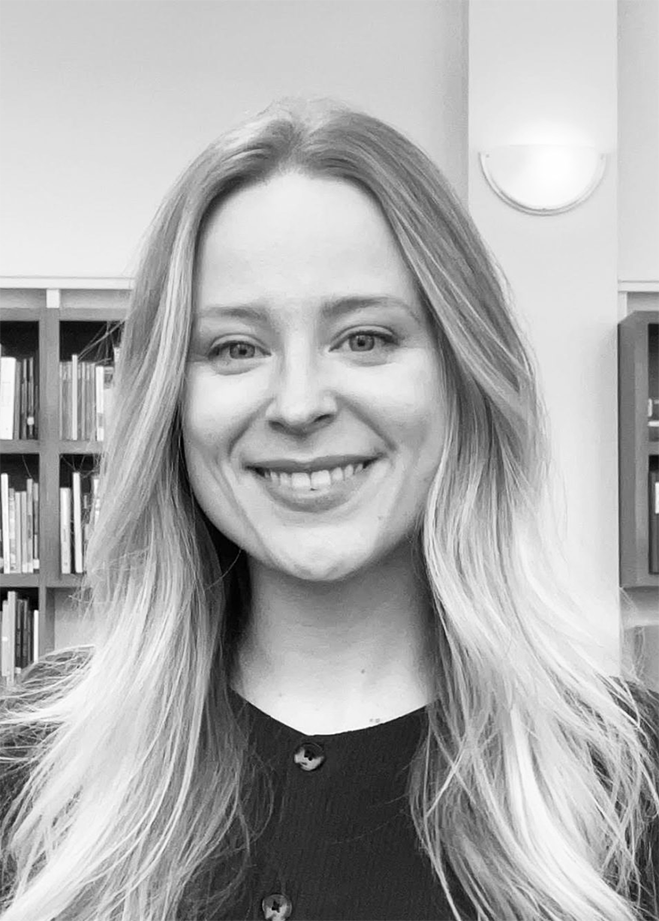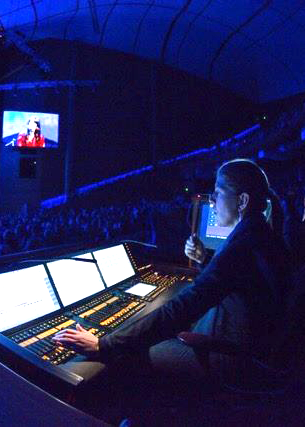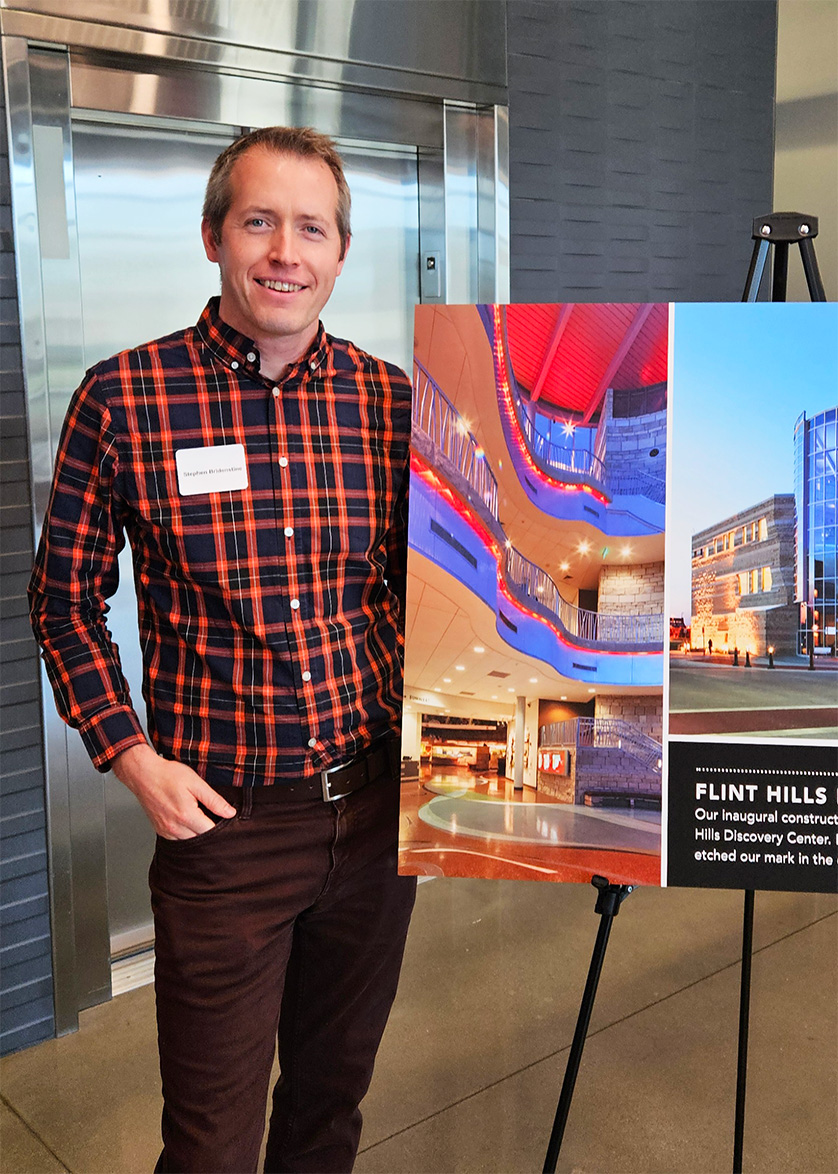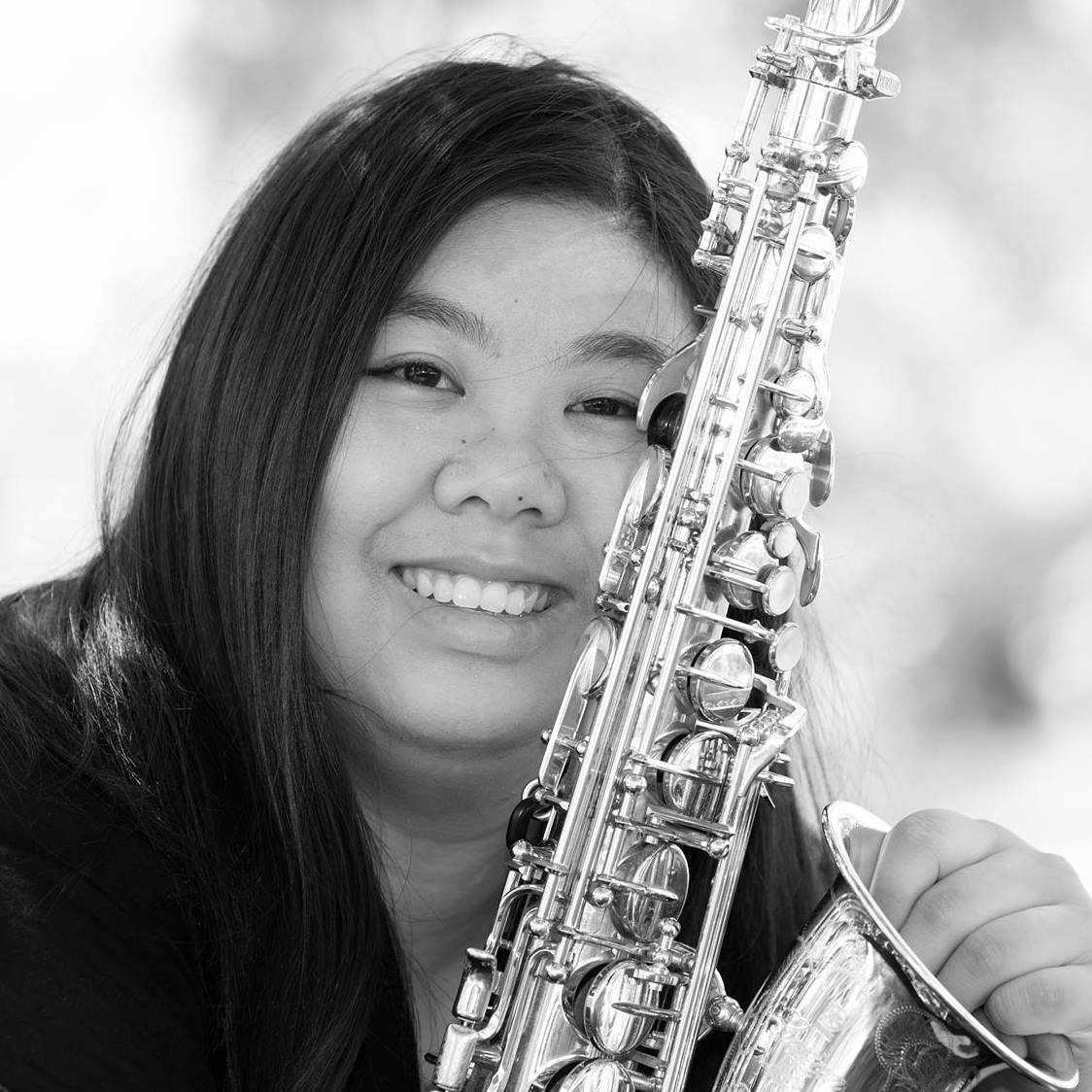Janice Li
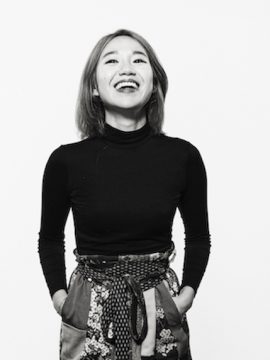
Why did you choose history and what did you most enjoy about it?
I started my UBC life in Land & Food Systems, studying Nutritional Science, but really struggled in my chemistry and physics courses. I began taking History electives on topics I have always been curious about and surprisingly did quite well in them to the point that my faculty advisor made the bold suggestion for me to do a History degree! I then started volunteering at the Museum of Vancouver while beginning the second half of my UBC life.
I felt liberated and inspired while doing History, there was a steep learning curve, but I was never deprived of support.
Any favourite experiences during your time as a history major?
Working on cataloguing a Chinese medical doctor’s collection during an internship with Prof. Carla Nappi, who has been a great inspiration to me for her broad spectrum of knowledge, skills, and most importantly her kindness and generosity in mentorship.
My senior seminar in place-based history with Prof. Coll Thrush and upper-level course on fin-de-siècle culture with Prof. Robert Brain had a formative influence on what I have continued to research. After doing an enhanced MA in London, I have gained an even greater appreciation for how knowledgeable and giving the teaching faculty in UBC History are.
What made you choose a master’s degree in the History of Design?
I took most of my electives in Art History and always found myself too ‘archival’ in Art History and too ‘visual’ and ‘material’ in History. During a trip to the UK to present my undergraduate work in a conference, I discovered the History of Design program at the Royal College of Art, co-hosted with the Victoria & Albert Museum. After a meeting with its head of programme, I realised what I had been doing was in fact design history!
How are you hoping to mobilize your design education?
Through a few valuable opportunities to collaborate with designers as a design historian, sometimes doubling as co-designer, I have realised the significance of historical research and the unfortunate lack of it in design fields. I have also noticed how some incredible research work not reaching public audiences in exhibitions is due to poor designs. I hope to utilise my specific educational background to bridge historical research and contemporary design in both design consulting and exhibition curation.
Were there any skills you learned in history that have been particularly useful after graduating?
The way I have learnt to read, analyse, and understand complex constructs in History, I believe, are skills that I will treasure for life. It is also incredibly applicable in many fields, academic and professional. It has equipped me with the ability to always contextualise things, giving both breadth and depth to any tasks at hand.
What advice would you give to current history majors, or Arts students in general?
Do your readings! Your readings in undergraduate courses will form the bases of not only your potential academic career, but also the way you see the world. If there is a particular area that interests you, research other writers, especially those of minority backgrounds – nothing teaches critical thinking more than being able to unpack different viewpoints.
Be proactive and look for opportunities. Through the UBC internship program, I have not only gotten freelance museum work after graduation, more importantly, I have developed relationships with great mentors and friends in the field I aspired to be in.
Seek help when you need it. I regret not speaking up about my struggle in sciences and my interest in History earlier. Your professors are usually very open to advice and help, not to mention other student support staff.
How would you answer the question “Why study History”?
One becomes less prone to unwillful conformation in the face of fear when you study History. It will be increasingly important in today’s world where fear does not always come in the form of a physical oppression or a war but in the form of cultural aggressions, political uncertainties, digital invasion of our daily lives, and climate change.
Janice Li’s final dissertation, “Cultural Cross-Dressing and the City: Fashion and Photographs of Transnational Chinese Elite Women in London, 1919-1937,” here.
Janice Li



Why did you choose history and what did you most enjoy about it?
I started my UBC life in Land & Food Systems, studying Nutritional Science, but really struggled in my chemistry and physics courses. I began taking History electives on topics I have always been curious about and surprisingly did quite well in them to the point that my faculty advisor made the bold suggestion for me to do a History degree! I then started volunteering at the Museum of Vancouver while beginning the second half of my UBC life.
I felt liberated and inspired while doing History, there was a steep learning curve, but I was never deprived of support.
Any favourite experiences during your time as a history major?
Working on cataloguing a Chinese medical doctor’s collection during an internship with Prof. Carla Nappi, who has been a great inspiration to me for her broad spectrum of knowledge, skills, and most importantly her kindness and generosity in mentorship.
My senior seminar in place-based history with Prof. Coll Thrush and upper-level course on fin-de-siècle culture with Prof. Robert Brain had a formative influence on what I have continued to research. After doing an enhanced MA in London, I have gained an even greater appreciation for how knowledgeable and giving the teaching faculty in UBC History are.
What made you choose a master’s degree in the History of Design?
I took most of my electives in Art History and always found myself too ‘archival’ in Art History and too ‘visual’ and ‘material’ in History. During a trip to the UK to present my undergraduate work in a conference, I discovered the History of Design program at the Royal College of Art, co-hosted with the Victoria & Albert Museum. After a meeting with its head of programme, I realised what I had been doing was in fact design history!
How are you hoping to mobilize your design education?
Through a few valuable opportunities to collaborate with designers as a design historian, sometimes doubling as co-designer, I have realised the significance of historical research and the unfortunate lack of it in design fields. I have also noticed how some incredible research work not reaching public audiences in exhibitions is due to poor designs. I hope to utilise my specific educational background to bridge historical research and contemporary design in both design consulting and exhibition curation.
Were there any skills you learned in history that have been particularly useful after graduating?
The way I have learnt to read, analyse, and understand complex constructs in History, I believe, are skills that I will treasure for life. It is also incredibly applicable in many fields, academic and professional. It has equipped me with the ability to always contextualise things, giving both breadth and depth to any tasks at hand.
What advice would you give to current history majors, or Arts students in general?
Do your readings! Your readings in undergraduate courses will form the bases of not only your potential academic career, but also the way you see the world. If there is a particular area that interests you, research other writers, especially those of minority backgrounds – nothing teaches critical thinking more than being able to unpack different viewpoints.
Be proactive and look for opportunities. Through the UBC internship program, I have not only gotten freelance museum work after graduation, more importantly, I have developed relationships with great mentors and friends in the field I aspired to be in.
Seek help when you need it. I regret not speaking up about my struggle in sciences and my interest in History earlier. Your professors are usually very open to advice and help, not to mention other student support staff.
How would you answer the question “Why study History”?
One becomes less prone to unwillful conformation in the face of fear when you study History. It will be increasingly important in today’s world where fear does not always come in the form of a physical oppression or a war but in the form of cultural aggressions, political uncertainties, digital invasion of our daily lives, and climate change.
Janice Li’s final dissertation, “Cultural Cross-Dressing and the City: Fashion and Photographs of Transnational Chinese Elite Women in London, 1919-1937,” here.
